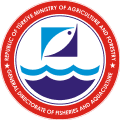An International Scientific Committee (ISC) composed of high-level scientists from the GFCM region will be established to support the overall scientific supervision of the GFCM Fish Forum 2024. In particular, the ISC will be tasked with selecting scientific abstracts based on the technical quality of the documents and their relevance to the topics of the three thematic sessions. Additionally, they will support the GFCM Secretariat and the technical partners with the overall programme, including selecting side events and workshops.
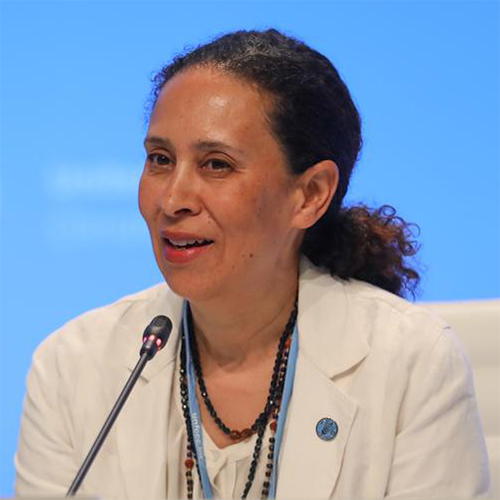
Food and Agriculture Organization of the United Nations (FAO)
Tarûb Bahri is a fisheries biologist working with the Fisheries Division of FAO, where she coordinates work on climate change. Her portfolio has a strong focus on ecosystems, sustainable fisheries management and climate resilient fisheries management, including projects in the Caribbean, Africa and Asia. Tarûb represents FAO within the ocean community and is committed to raising awareness on why fisheries and aquaculture need to be part of the global debate on climate change. She supports governments and national institutions in increasing knowledge on climate change impacts and in identifying solutions to the benefit of local communities and also lends her expertise to support policy formulation for effective adaptation measures to climate change.
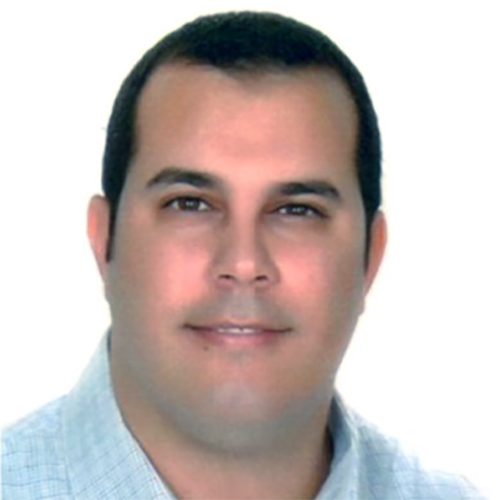
National Institute of Marine Sciences and Technology (INSTM)
Yessine Ben Arfa is a researcher of fisheries economics at the Fisheries Sciences Laboratory of the National Institute of Marine Sciences and Technologies in Tunisia where he concentrates on the design of field survey models, data collection, development of indicators and estimation of economic performance. Since 2010, he has participated in several national and international projects, including SocPro4Fish, MedSudMed and MED4EBM, and in several research actions as the project coordinator and focal point. In addition, he has collaborated with various national and international organizations, such as GFCM, FAO and MAVA, which has allowed him to strengthen his experience in terms of socioeconomic analyses of fisheries and to acquire expertise in policy and management measures.
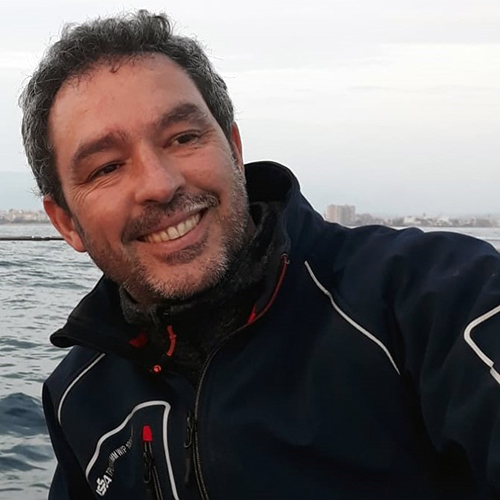
Spanish Institute of Oceanography of the Spanish National Research Council and International Commission for the Conservation of Atlantic Tunas Standing Committee on Research and Statistics
Diego Alvarez-Berastegui is a researcher at the Spanish Institute of Oceanography (CSIC-IEO) where he investigates the influence of environmental fluctuations on fish habitats. He is also the Coordinator for the Fisheries and Aquaculture Task Team of the Mediterranean Oceanographic Network for the Global Ocean Observing System (MONGOOS) and leads the Mediterranean Tuna Habitats Observatory. Since beginning his professional journey at the University of Cádiz, he has championed the integration of marine observation systems into the study of fish ecology and sustainability, helped coordinate various scientific initiatives and collaborated with organizations including the Climate Impacts on Oceanic Top Predators (IMBER/CLIOTOP), the International Council for Exploration of the Sea (ICES), the European Space Agency (ESA) and the International Commission for the Conservation of Atlantic Tunas (ICCAT).
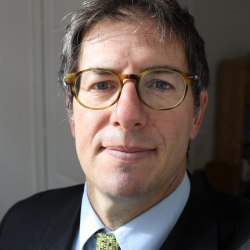
Directorate-General for Maritime Affairs and Fisheries, European Commission
Giacomo Chato Osio is a Science and Policy Officer at the European Commission Directorate-General for Maritime Affairs and Fisheries within the unit in charge of the management of fisheries in the Mediterranean and the Black Sea. He holds a bachelor’s degree in biology specializing in marine ecology and a doctorate in fisheries science and the environment and has extensive experience in stock assessment and in the provision of scientific advice for the GFCM and the European Commission Scientific, Technical and Economic Committee for Fisheries. He is extensively involved in the management of marine resources in the Mediterranean with a strong focus on management plans, testing with management strategy evaluation and implementation. Mr Chato Osio also follows the implementation of key European Union policies such as the European Green Deal and recent initiatives for the decarbonization of European Union fishing fleets.
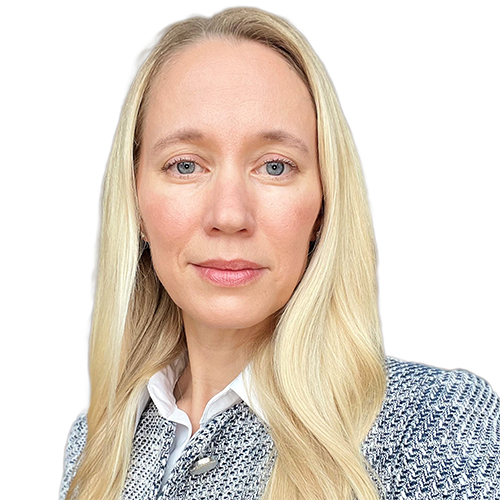
International Council for the Exploration of the Sea (ICES)
Anne Cooper is the Professional Officer for Fisheries and Aquaculture Advice at the International Council for the Exploration of the Sea (ICES) where she leads the work on the development, testing and use of methods to provide scientific advice on data-limited stocks of fish and shellfish in the Northeast Atlantic and leads the development of the ICES advisory framework for sustainable aquaculture. She holds a PhD in Conservation Biology and Development Studies and Social Change Theory and a MSc in Fisheries Science from the University of Minnesota. Prior to working at ICES, she held positions advising high-ranking government officials on national fisheries, aquaculture, climate and marine science policy in the United States of America Senate, House of Representatives, and the National Oceanic and Atmospheric Administration (NOAA).
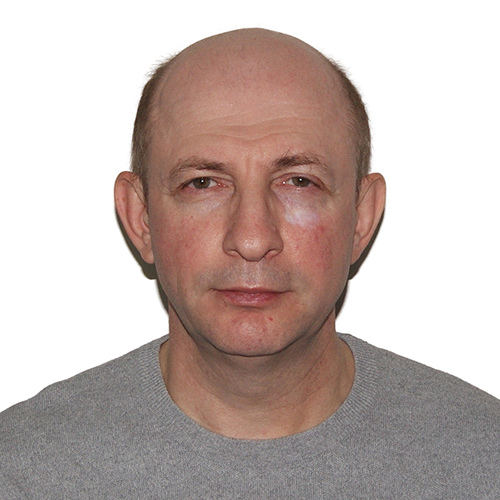
Institute of Fisheries and Marine Ecology (IFME)
Kostiantyn Demianenko is scientist and fisheries expert, serving as the Deputy Director on Science at the Institute of Fisheries and Marine Ecology (IFME) of the State Agency of Melioration and Fisheries of Ukraine. He is also the Representative of Ukraine to the Scientific Committee of the Commission for the Conservation of Antarctic Marine Living Resources (CCAMLR), Head of the Ukrainian Delegation to CCAMLR and member of the Technical Advisory Committee of the Central Asian and Caucasus Regional Fisheries and Aquaculture Commission (CACFish). Kostiantyn holds an MSc in ichthyology and fish breeding and a PhD in biology. He has authored or co-authored over 60 scientific works, co-authored a research programme on Antarctic krill and toothfish, and drafted a law on traceability for fish and fish products in the Ukrainian market.
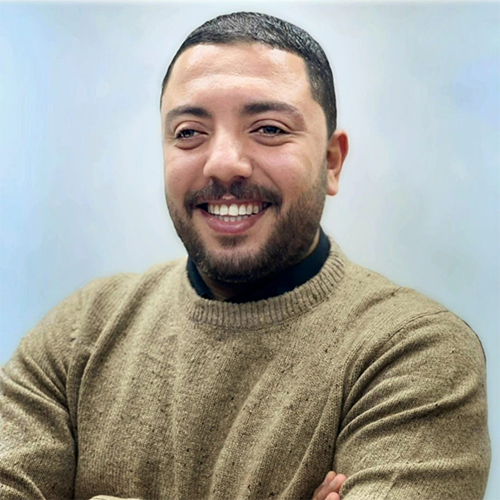
Arab Academy for Science, Technology and Maritime Transport (AASTMT)
Reda Fahim is an Egyptian fishery biologist with expertise in fish stock assessment and fisheries management. He is the head of the Fisheries Department at the Arab Academy for Science, Technology and Maritime Transport, with duties of administering the department, teaching and developing curricula in the fisheries-related areas. As a fishery consultant for FAO, he performed tasks for the countries bordering the Eastern Mediterranean in the implementation of fish stock unit identification project, and worked as an instructor.
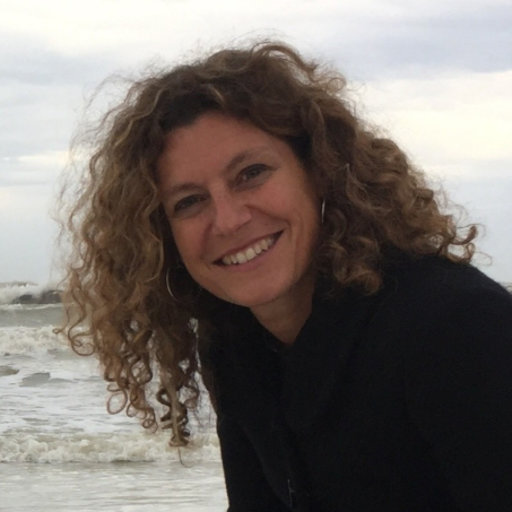
Polytechnic University of Ancona
Emanuela Fanelli is a marine biologist and is working as the Associate Professor of Ecology and Fishery Biology at the Polytechnic University of Ancona in Italy and the President of the Marine Biology MSc programme. She holds a PhD in Ecology and Management of Biological Resources. Her research spans different aspects of marine ecology, including biodiversity and ecosystem functioning with a focus on the impacts of human activities, especially fisheries, on marine ecosystems. She is also a member of the GFCM Working Group on Vulnerable Marine Ecosystems and Essential Fish Habitats (WGVME-EFH).
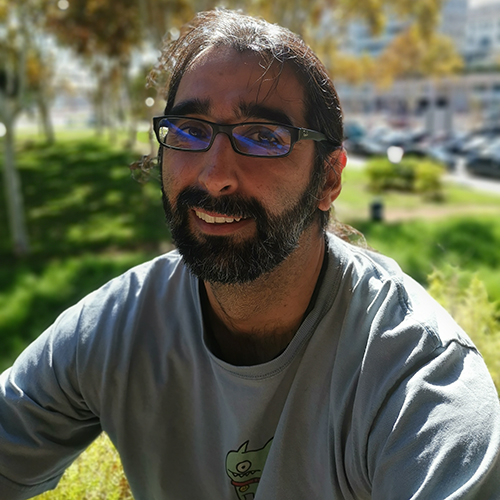
Spanish Institute of Oceanography (IEO) of the Spanish National Research Council (CSIC)
Manuel Hidalgo is a fisheries ecologist and ecosystems oceanographer working with the Spanish Institute of Oceanography (IEO) of the Spanish National Research Council (CSIC) where he focuses on understanding the complexity of the impact of fishing activities and climate variability on the ecological mechanisms that regulate exploited populations, communities and ecosystems. He has been involved in scientific committees and working groups with the GFCM, FAO and the International Council for the Exploration of the Sea (ICES) and has contributed to marine assessments and international processes, such as the most recent Intergovernmental Panel on Climate Change (IPCC) report and the Second World Ocean Assessment (WOA II).
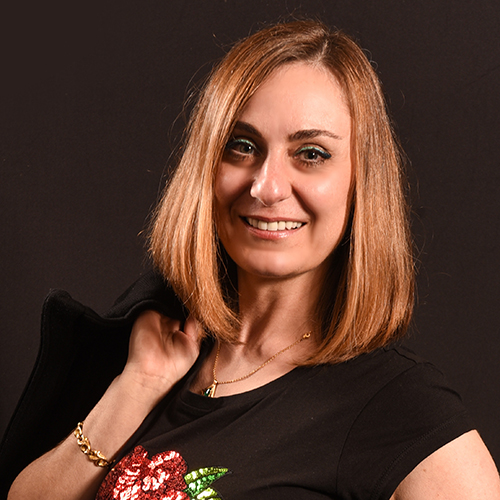
Environmental Economics Section of the Scientific Centre of Monaco
Nathalie Hilmi is a specialist in macroeconomics and international finance and is Head of the Environmental Economics Section of the Scientific Centre of Monaco and Lead Author for the Intergovernmental Panel on Climate Change (IPCC) Special Report on the Ocean and Cryosphere in a Changing Climate (SROCC) and for the Working Group II contribution to the Sixth Assessment Report. She holds a PhD from the University of Nice-France and as well as a post-doctoral diploma. Following her studies, she gained vast experience at numerous institutions including Allergan, the EDHEC Business School, the International University of Monaco, Hedge Funds Research Institite (HFRI), Alpstar and the University of Nice – Sophia Antipolis. Her experience also extends to the organization of international conferences and workshops, and the reviewing and editing of specialized publications.
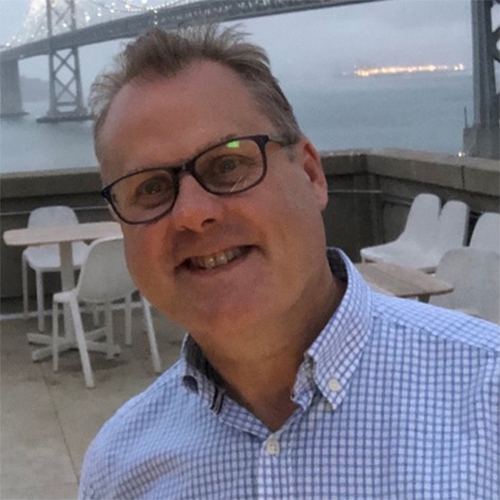
Cefas (Centre for Environment, Fisheries and Aquaculture Science)
Andrew Kenny is a principal ecosystem scientist and marine benthic ecologist, serving as Chair of the International Council for the Exploration of the Sea (ICES) Steering Group on Human Activities, Pressures and Impacts (HAPISG) and working with the United Kingdom of Great Britain and Northern Ireland Delegations to the Northwest Atlantic Fisheries Organisation (NAFO) and to the North East Atlantic Fisheries Commission (NEAFC) where he advises on deep sea vulnerable marine ecosystem management measures and other effective area-based conservation measures. He holds a PhD and has over 20 years of experience researching subjects including the impacts of bottom trawling activities on deep sea vulnerable marine ecosystems, seabed habitats, ecological risk and benthic ecosystem food webs, and is the principal chapter author of an academic handbook on methods for sampling marine benthos.
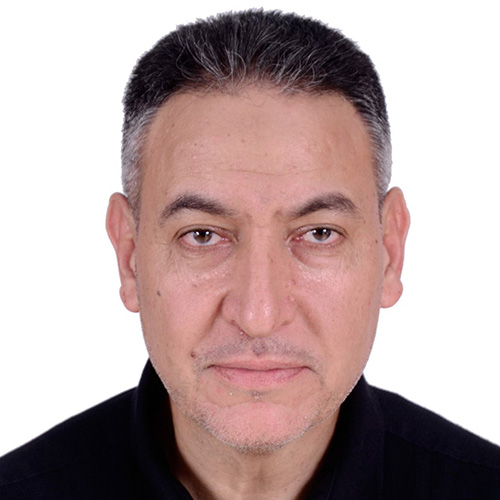
Hassan II Institute of Agronomy & Veterinary Medicine (IAV)
Mohamed Naji is a fisheries economist specializing in fisheries management combined with value chain analysis, fisheries and aquaculture planning, the ecosystem approach to fisheries and fisheries ecolabelling and is Head of the Fisheries and Aquaculture Department at the Hassan II Agronomy and Veterinary Medicine Institute in Rabat. He has supervised dozens of academic research studies on the Moroccan fisheries sector and has participated in numerous studies and sector development projects in Morocco, Africa and the Arab Region.
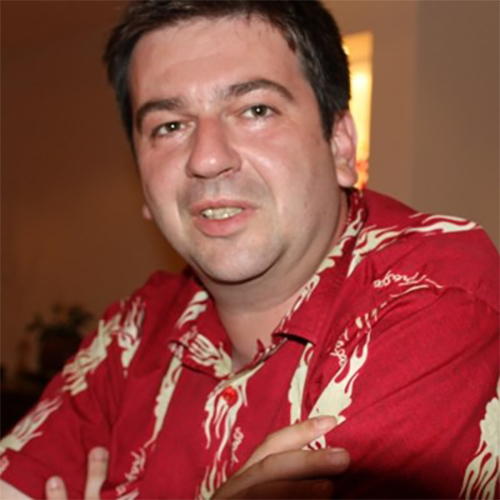
Institute of Fish Resources and the Institute of Oceanology of the Bulgarian Academy of Sciences
Violin Raykov is a fisheries biologist and works at the Institute of Fish Resources and the Institute of Oceanology of the Bulgarian Academy of Sciences where he focuses on the dynamics of exploited marine living resource populations. He also leads pelagic surveys and data collection programmes and has participated in over 30 projects related to fishing impacts and marine ecology in the Black Sea, multistressor impacts on the biota, and microplastic and macroplastic bioaccumulation, as well as in the programme for determination of particular measures to achieve good ecological status of the Black Sea. He has collaborated closely with the GFCM as former Vice-Coordinator of the Working Group on the Black Sea (WGBS), former Coordinator of the Subregional Group on Stock Assessment for the Black Sea (SGSABS) and Initial Phase Coordinator of the BlackSes4Fish Project.
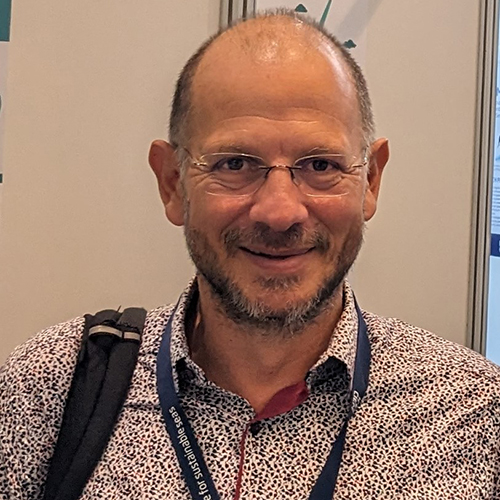
French Research Institute for Exploitation of the Sea (IFREMER)
Olivier Thébaud is an economist and serves as a researcher with the French Research Institute for Exploitation of the Sea (IFREMER) where he focuses on the use of economic analysis, in connection with marine science disciplines, to inform the management of marine and coastal resources. He obtained a PhD in economics from the School of Advanced Studies in the Social Sciences in France and participated in a European Marie-Curie fellowship at the University of Portsmouth. After completing his studies, he led the IFREMER Economics Research Team and contributed to the foundation of the AMURE Research Unit. He also spent several years with the Marine and Atmospheric Research Division of the Commonwealth Scientific and Industrial Research Organisation (CSIRO) in Australia.
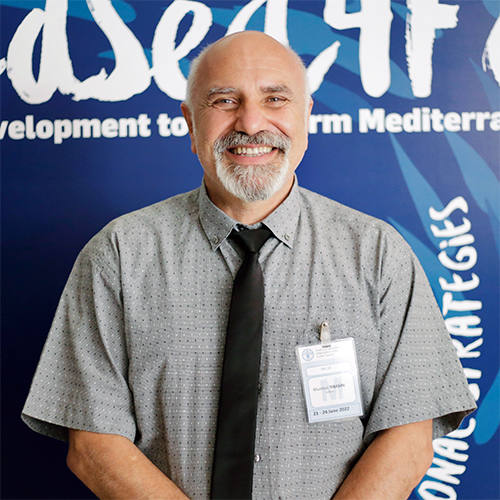
Institute of Marine Sciences and Technology of Dokuz Eylul University
Eyüp Mümtaz Tirasin is a faculty member at the Institute of Marine Sciences and Technology of Dokuz Eylul University in Türkiye where he instructs graduate courses in quantitative fisheries biology and conducts research on Turkish coastal fisheries. He holds a PhD and has over 30 years of experience in fisheries biology, with a special focus on population dynamics, stock assessment and fisheries management. He actively contributes to FAO and GFCM projects and served as the First Vice-Chair of the GFCM Scientific Advisory Committee on Fisheries (SAC) from 2018 and 2023.
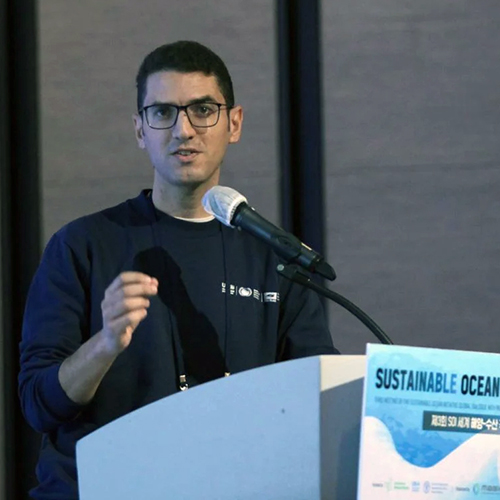
United Nations Environment Programme Mediterranean Action Plan Specially Protected Areas Regional Activity Center (UNEP/MAP-SPA/RAC)
Anis Zarrouk is a marine ecologist and serves as Biodiversity Programme Coordinator of the United Nations Environment Programme Mediterranean Action Plan Specially Protected Areas Regional Activity Center (UNEP/MAP-SPA/RAC) and Project Officer of the European Union-funded ILIAD project. He holds a PhD in aquatic ecosystems, marine resources and environment from the National Agronomic Institute of Tunisia and has over 17 years of combined national and international experience, including 11 years spent managing Tunisia's four marine protected areas. Through his work, Anis leads and contributes to critical Mediterranean projects, with a focus on biodiversity conservation, sustainable fisheries and vulnerable species, while employing innovative ecosystem-based approaches and supporting SPA/RAC's marine conservation activities.


